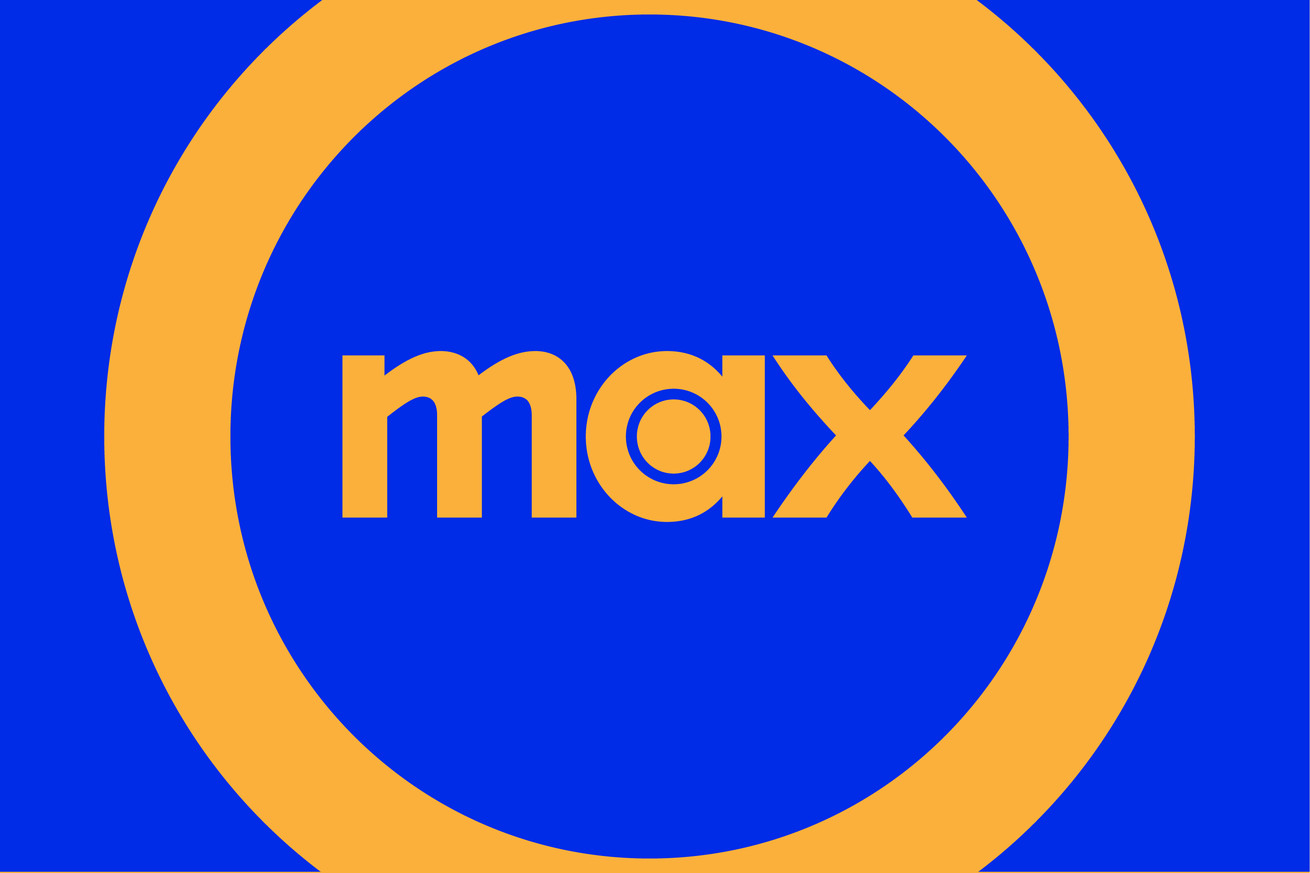
HBO Max was renamed Max, and Warner Bros. Discovery lost subscribers
Warner Bros. Discovery lost 1.8 million subscribers in the three months following the launch of Max. The losses weren’t exclusive to the Max streaming service, though. In its earnings report on Thursday, the company reported having 95.8 million global subscribers across all of its services — down from 97.6 million at the end of the first quarter of this year.
Despite this, the executives at Warner Bros. Discovery don’t seem too worried. During an earnings call, the company’s chief financial officer, Gunnar Wiedenfels, attributed the downward trend to “overlapping subscriber bases between Max and Discovery Plus” as well as “expected churn” following the end of The Last of Us season 1 and the series finale of Succession.
CEO David Zaslav had something similar to say, noting that “while we have seen some expected subscriber disruption, we have experienced lower than expected churn throughout this process” — a process that involved asking HBO Max subscribers to download a new Max app to their devices in order to continue using the service. Zaslav also said that the company still expects its streaming business in the US to become profitable this year.
Warner Bros. Discovery expects “several 100 million dollars upside” due to the strikes
Notably, the loss in subscribers didn’t seem to affect streaming revenue. It grew to $2.73 billion this quarter, marking a 13 percent increase. Warner Bros. Discovery replaced HBO Max with Max in May, bundling both HBO and Discovery Plus content in one platform. While the service kept the same $9.99 per month price, it also introduced a new $19.99 per month “Ultimate” plan with access to 4K content. Discovery Plus has remained a standalone $4.99 per month subscription.
Zaslav added that Warner Bros. Discovery plans on launching Max internationally over the “next year plus.” He also said that Max “now has full capability to deliver live programming” and that the company will have more to share soon.
Live programming seems to mean more than watching the next season of The Last of Us as soon as it airs concurrently on HBO. “We’re early on, but news and sports are important differentiators — they’re compelling, and they make these platforms come alive,” Zaslav said. Zaslav has previously hinted at incorporating news and sports into Max, and rumors suggest that it could add live CNN broadcasts to the platform.
At the same time, Warner Bros. Discovery is aiming to exit the regional sports network business, with Zaslav stating that it will sell or cease operations of the company’s networks by the end of this year. Warner Bros. Discovery currently airs local baseball, basketball, and hockey games through AT&T SportsNet channels.
On the production side of things, Wiedenfels said that Warner Bros. Discovery saw “modest cash savings” from the ongoing Hollywood strikes this quarter but expects “several 100 million dollars upside” to its free cash flow going forward. Netflix also anticipates having $1.5 billion in free cash flow this year due to the work stoppage. But the savings aren’t a positive thing.
As Hollywood producers as well as writers and actors butt heads over the use of AI and streaming residuals, Zaslav said it’s “important” that the strike gets settled soon. “Our goal is to tell great stories… And we cannot do any of that without the entirety of the creative community,” Zaslav said. “We’re hopeful that all sides will get back to the negotiating rooms so that the strikes get resolved in a way that the writers and actors feel they are fairly compensated and their efforts and contributions are fully valued.”
The Alliance of Motion Picture and Television Producers and Writers Guild of America are set to have their first meeting since the strike began on Friday. While Warner Bros. Discovery says the strikes will save the company some money, eventually, the company has to earn money, too. A lack of content certainly won’t help bring any new subscribers — and their credit cards — to the newly merged Max.

